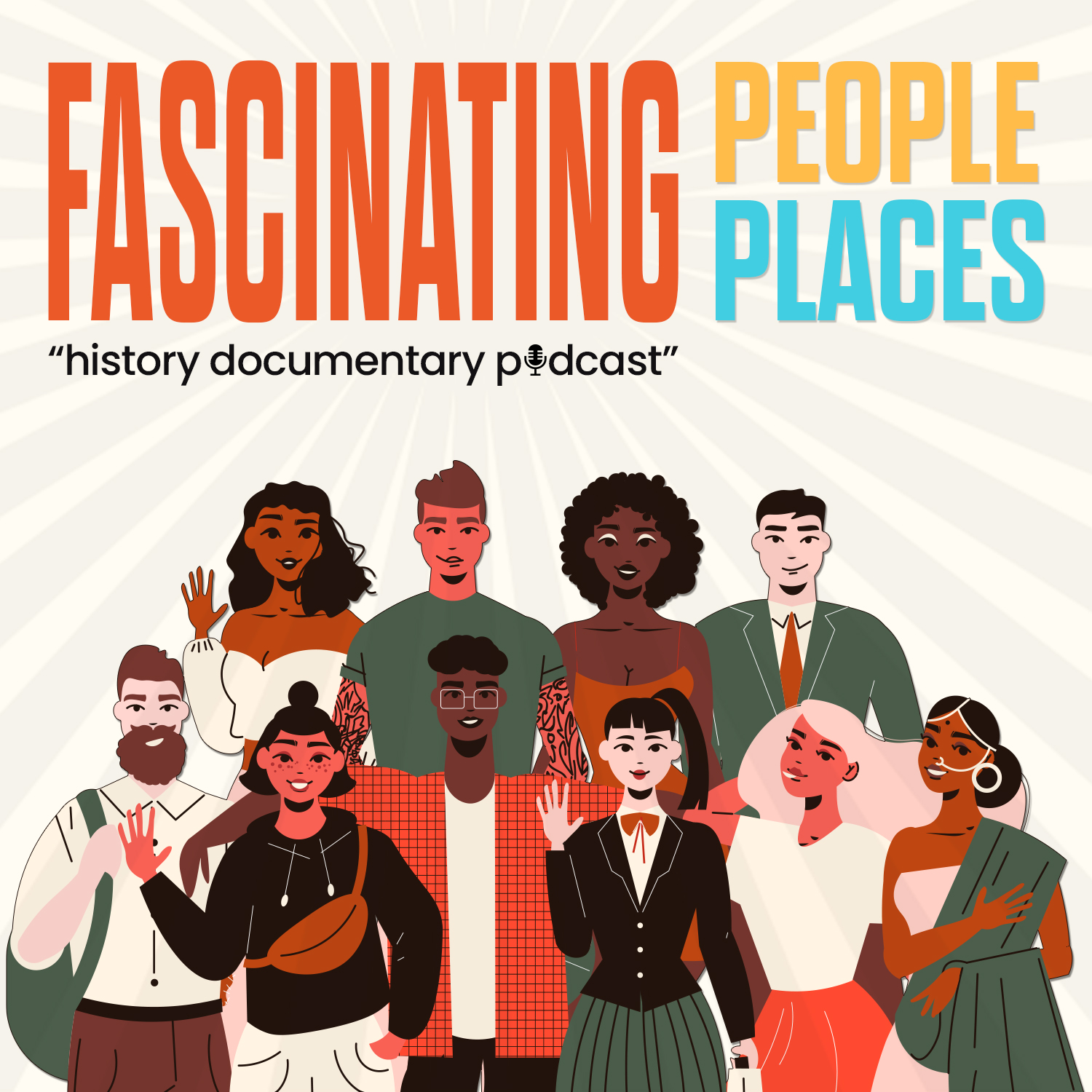

Romanian Revolution 1989: Classics Revisited
Explore the captivating story of the Romanian revolution of 1989, a pivotal moment shaped by the country's rich history of resisting and embracing external influences. This intricate tapestry of events traces back to the second century AD when the Roman Emperor Trajan conquered the region, leaving an indelible mark in the form of plundered gold. Subsequent waves of invaders, including Goths, Huns, Bulgars, Magyars, and Ottomans, were met with fierce resistance, led by legendary figures like Vlad The Impaler.
Each conqueror left behind a lasting legacy, contributing to Romania's unique heterogeneity in a region dominated by homogeneity. While neighboring Slavic countries followed certain paths, Romania charted its own course, embracing Orthodox Christianity while adopting the Latin alphabet. As a result, Romanian stands as the language most closely linked to modern Italian, setting it apart from the predominantly Slavic, Turkic, or Greek languages spoken in the Balkan nations.
Join us in this episode as we unravel the complex historical threads that culminated in the Romanian revolution of 1989, shedding light on a nation's enduring spirit of resistance and its quest for a distinct identity.
Originally Broadcast in 2022
Sound Effects: Pixabay
BBC John Simpson BBC1 News
English: Address from the Brandenburg Gate (Berlin Wall). Full text at Wikisource
Date12 June 1987SourceUniversity of Virginia Miller Center for Public Affairs
President Kennedy’s “Ich bin ein Berliner” speech. Transcript available.[1]
Date26 June 1963SourceKennedy Presidential Library[2]AuthorJohn F. Kennedy